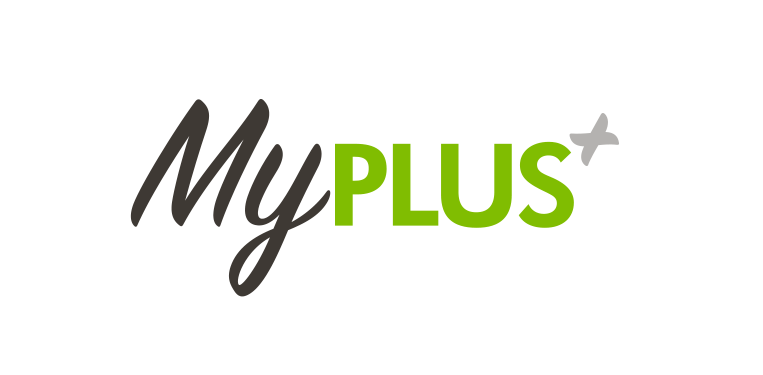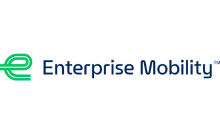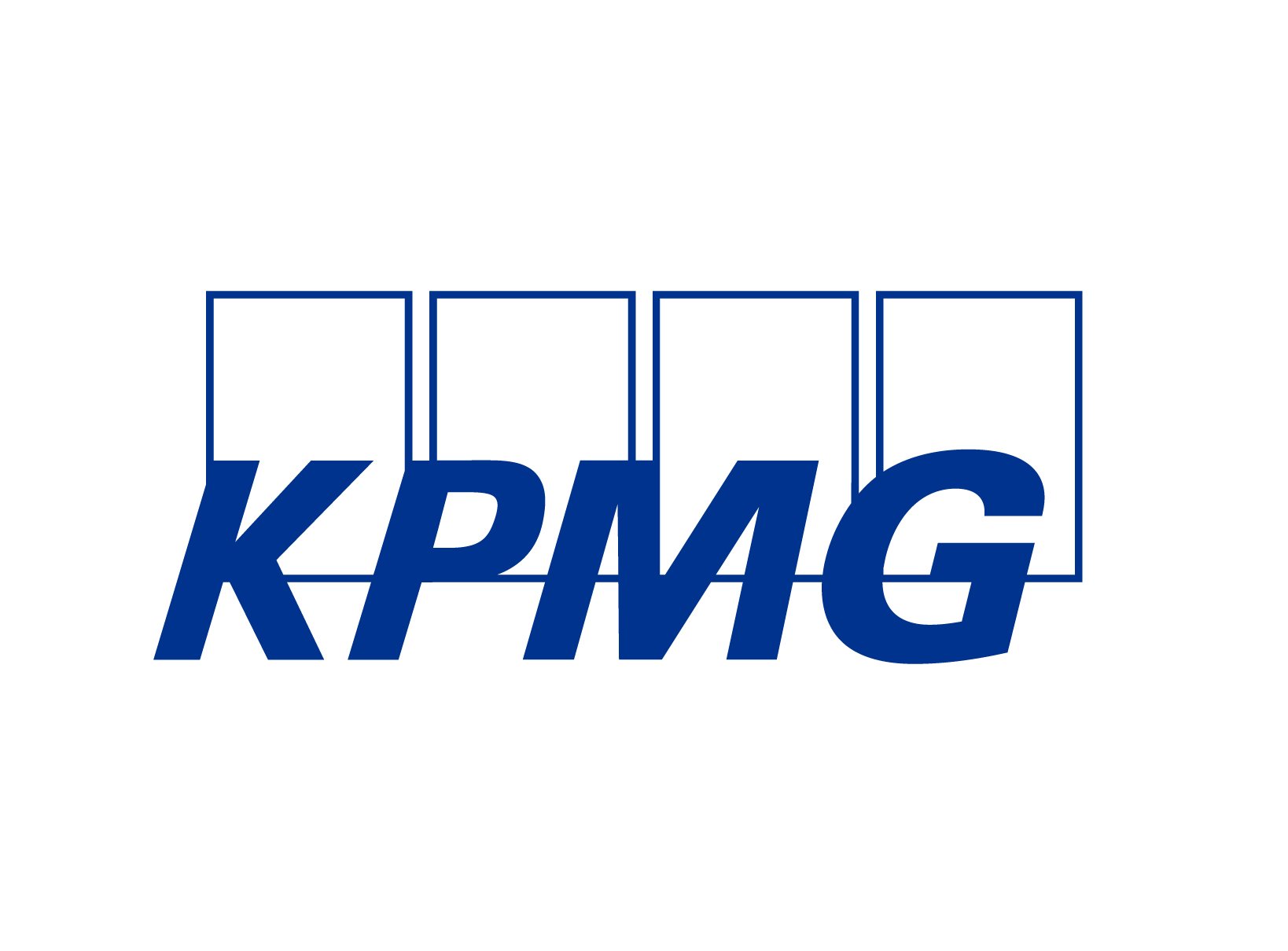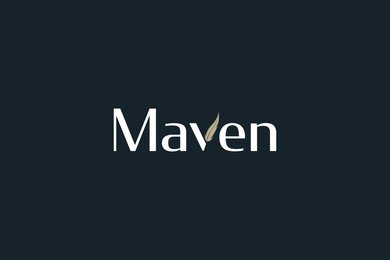Author- Lise Austen, Recruiters’ Club Manager, MyPlus
The importance of disabled role models in the workplace
With 21% of the working age population, and 15% of students in UK universities, having a disability most organisations recognise that they need to focus on attracting and retaining disabled individuals if they want to maximise their talent pool.
To do this, employers need to be inclusive of individuals with disabilities. However, it is easy to ‘say’ you are inclusive, it is much harder to demonstrate you ‘are’ inclusive. One of the most effective ways to bring your disability inclusion to life is via role models; current employees with a disability who share their story of how they manage their disability in the workplace and access the support they require to enable them to thrive.
We know through research, such as the survey conducted by Bright Network in 2021 which highlighted that 48% of graduates will actively research a company’s commitment to diversity before applying for a job, how important it is to share details of your inclusivity at every touch point before an interview. Role models enable you to demonstrate that you do what you say you do when it comes to disability.
Creating an environment that encourages disabled individuals share their story
Unless an individual has a visible disability, you may not be aware whether your employees have a disability as they may not have shared this. Many disabled individuals have never talked openly about their disability in the workplace as they don’t feel comfortable to do so or feel they will be disadvantaged if they do. Some might not even see their impairment as a disability.
If you are an employer who is at the early stages of focusing on diversity and inclusion or you haven’t yet created an environment that encourages and supports individuals with disabilities it may be challenging to find people to share their story and act as role models to help you attract new talent to your organisation.
To help you achieve this MyPlus recommends the following:
Contact your Employee Support Group.
A key place to start is with your disability network – if you have one. Approach your network to ask if there are any disabled employee stories that have already been shared or if there are any employees who would be willing to share their story.
Lead the way at a senior level.
If disability is being positively talked about by senior leaders it is likely to foster open dialogue around disability. Employees may not feel comfortable talking about their disability if it is not talked about. A top-down approach will demonstrate your company commitment to an inclusive ethos and start to normalise disability and alleviate the fears of disabled employees.
Better still if you have a senior level executive with a disability encourage them to share their story of how they have progressed and the support they have received from the organisation to enable them to excel and achieve what they have done.
Give employees the confidence to share their story
Make it easy for disabled employees to share their story;, consider having a form to complete which is easily accessed. Incorporating it into someone’s job responsibility to be a main contact, demonstrates how important it is, and makes it feel safer for employees to know there is one person to engage with.
Raise staff awareness
Share your company’s commitment to diversity and inclusion and the importance and need for role models with staff company wide. Ensure they understand what is meant by disability and share statistics around the number of people who have a disability or are touched by disability. Your staff are highly likely to either know someone, be related to someone, or have a child with a disability, so it will resonate with many of them. Articulate how you are working towards creating a more inclusive workplace and that you value the skills that disabled individuals can and do bring to your organisation.
Ask employees to share their story
Finally, the most important element to our recommendations is to actually ask employees with a disability to come forward and be role models. You may consider doing this as part or all of some of the above steps. Be sure to highlight the benefits to the employee of sharing their disability, how the organisation would provide support and how you recognise and value the skills that disabled employees can bring to the organisation. Employees will feel more comfortable and confident if they believe their employer will respond positively and proactively. Knowing they will benefit, by bringing their whole self to work will enable them to excel.
Wherever you can, normalise disability by sharing stories from existing disabled employees to showcase what you do including the support you provide. Consider using examples of high-profile people who have shared their disability to kick start things if you don’t have any role models that have come forward within your organisation.
Encourage employees who have shared their story to be visible role models and participate in recruitment videos and case studies. If you have someone in a visible leadership role with a disability, really make the most of this.
If you are a member of our MyPlus Recruiters’ Club you may also wish to consider asking your role models to share their story on our careers website for disabled students www.myplusstudentsclub.com where your organisation has an employer profile and will be advertising jobs, to help you demonstrate to our students how inclusive you are.




































